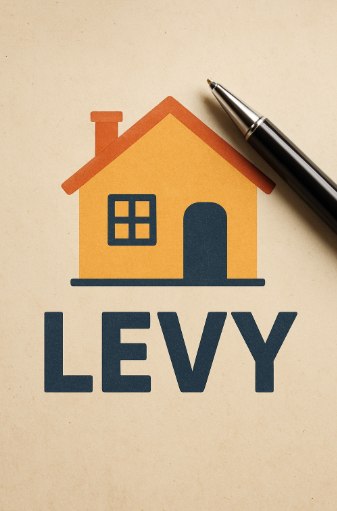You’ve probably heard the murmurs at work, maybe over chai, or noticed your payroll person trying hard not to make eye contact. The question on everyone’s lips is: Do casuals pay housing levy?
The short and direct answer is yes. But since life is never that simple, let’s unpack it.
What Exactly Is This Housing Levy?
The Affordable Housing Levy (AHL), also known as the housing levy, is a statutory deduction created to fund Kenya’s affordable housing program. It’s not just some random tax on your payslip; it’s written into law.
Here’s how it works:
Employees pay 1.5% of their gross salary.
Employers match this by paying another 1.5%.
If you’re self-employed or earning income outside formal employment, you also contribute 1.5% of that income.
This kicked in around March 2024 and has since been a mandatory deduction.
Where Do Casuals Fit Into All This?
By casuals, we mean workers who are not on permanent contracts, those hired on a day-to-day or seasonal basis. Construction laborers, event staff, extra hands in a shop during peak periods, you name it.
The Kenya Revenue Authority has made it clear: casuals are not exempt. If you’re providing services to an employer and getting paid, the housing levy applies. Employers are legally required to deduct 1.5% from your gross pay and send it over to KRA, just like they do for permanent employees.
So, no, being a casual worker does not give you a free pass. If money is changing hands, the law steps in to take its share.
Let’s Do the Math
Suppose you earn KES 30,000 in a month as a casual construction worker. Here’s how it plays out:
You contribute 1.5% of 30,000, which is KES 450.
Your employer matches it with another KES 450.
That means KES 900 in total goes to the housing fund.
Simple math, painful deduction.
Why Is This Happening and Why the Backlash?
The official story is that the levy is meant to fund affordable housing and give Kenyans a fair shot at home ownership. On paper, it sounds noble. Everyone contributes a little, and in return, the country gets more affordable houses.
But here’s the rub. People are already squeezed by countless deductions and rising living costs. For casual workers, whose incomes can swing wildly from week to week, this feels especially harsh. And let’s not ignore the elephant in the room: Kenyans are not exactly famous for trusting that public funds will be managed with saint-like integrity.
The Bottom Line
Yes, casual workers are required to pay housing levy. The law doesn’t care if your contract says permanent, casual, or “just helping out.” If there’s income from employment, the levy applies.
So next time someone tells you, “Casuals don’t pay housing levy,” you can politely correct them, or not so politely, depending on your mood.
If you’re an employer unsure how to handle these deductions for casual staff, or an employee who wants to confirm your rights, don’t stay in the dark. Get the right information and avoid costly mistakes.
Call us: +254 702 339 699
Email us: sales@faidihr.com





